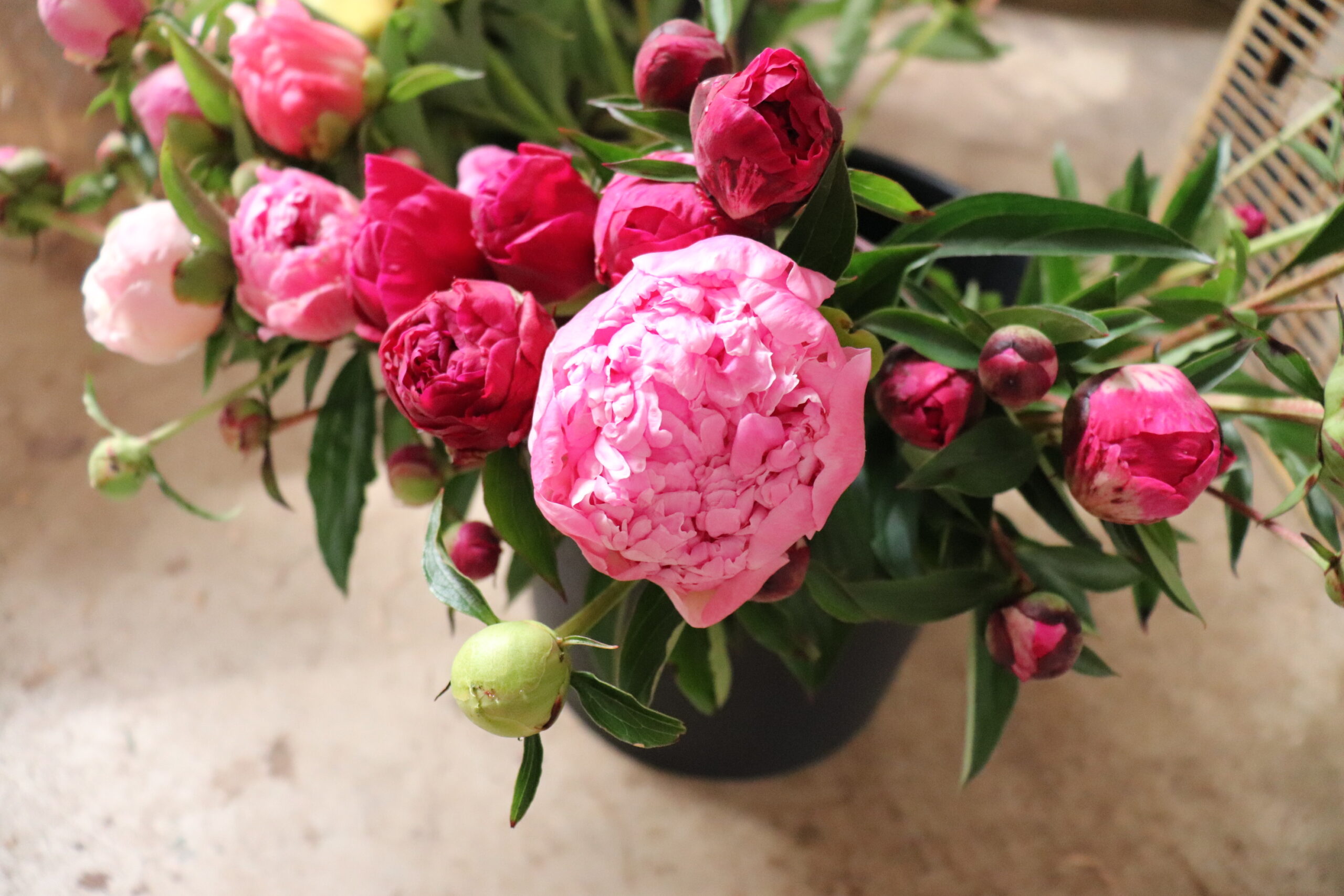Local Farm Series: Homecoming Farm
We had a fun day learning about growing flowers in Amesville!
At Kindred Market, we believe in supporting local businesses and connecting our customers with the best products from our community. Recently, a small group of us had the pleasure of visiting Homecoming Farm, a charming local farm that supplies us with stunning flowers during the summer and early fall. In this post, we’ll take you on a journey through Homecoming Farm, exploring the beauty of their flowers, what sets them apart, and the importance of shopping local for a thriving community.
The Story of Homecoming Farm:
Homecoming Farm is not just your average flower supplier. Situated in the outskirts of Amesville, this family-owned farm has been nurturing the land for nearly two decades. It all started with a vegetable stand. Wanting to bring beauty and interest to their booth, Marcia, Katelyn’s mother-in-law, started making bouquets. In no time, their flowers began taking over and became quite popular.
The Allure of Local Flowers:
Why choose local flowers over mass-produced alternatives? Here are a few reasons that make Homecoming Farm’s flowers a better option:
Freshness and Quality:
By sourcing flowers from a local farm, we ensure that our customers receive the freshest and highest quality blooms. Unlike commercially grown flowers that may travel long distances, these locally sourced flowers are harvested at the peak of their freshness, guaranteeing a longer vase life and optimal beauty. Many flowers you receive from a larger grocery store may have been picked over a week ago and are already aged when they arrive at the store. Katelyn comes out every morning, rain or shine, to work on the flower farm. The beautiful bouquets at Kindred Market arrive 1-3 days after being picked. These flowers last at least one week, but Katelyn says that if you replace your water and recut your flower stems often, then your flowers should last much longer than that.
Environmental Benefits:
Local flowers have a smaller carbon footprint since they don’t require extensive transportation. By supporting Homecoming Farm, we are reducing the environmental impact associated with long-haul shipping and promoting sustainable agricultural practices. Homecoming Farm also does not use any pesticides or herbicides! Even “all natural” chemicals are not used.
Unique Varieties:
Homecoming Farm cultivates a diverse range of flowers. These distinct blooms add character and charm to any arrangement, offering our customers an opportunity to discover lesser-known but equally stunning floral options. A fan favorite is the brain flower, also known as, Celosia cristata. Homecoming Farm also has peony hybrids, a cross between herbaceous and tree peonies, which are beautiful, smell better, and have a longer lifespan than other varieties. Kate’s favorite flower is the Scabiosa, “beautiful at every stage.”
A Blooming Partnership:
Our partnership with Homecoming Farm extends beyond just a business transaction. It represents our commitment to support local farmers and nurture the local economy. When you choose to purchase flowers from Kindred Market, you are not only bringing beauty into your home but also contributing to the livelihoods of local farmers, like Katelyn and John. Shopping locally fosters a sense of community, helps sustain small-scale agriculture, and strengthens the local economy—a win-win for everyone involved.
The Joy of Seasonal Blooms:
One of the most delightful aspects of Homecoming Farm’s offerings is their emphasis on seasonal blooms. Each season brings forth a unique array of flowers, showcasing the ever-changing beauty of nature. By choosing seasonal flowers, they honor the natural rhythm of the local ecosystem and embrace the ephemeral beauty that unfolds throughout the year.
Sometimes you might see some asparagus or unripe blueberries find their way into a bouquet.
Homecoming Farm is more than just a flower supplier—it represents a shared vision of supporting local businesses, nurturing the environment, and fostering a strong community. When you choose flowers from Kindred Market, you are not only bringing home breathtaking blooms but also contributing to the well-being of our local economy and the planet. Join us in celebrating the beauty and benefits of local flowers by exploring the vibrant offerings from Homecoming Farm. Remember, by choosing local, we bloom together.
Random Things You Should Know About Homecoming Farms:
~ Easiest flower for beginners wanting to get started: Celosia (Cock’s Comb), Zinnia, Bachelor Button, Marigold , Black Eyed Susan. (Kindred sells Bachelor’s Button, Zinnia, and Marigold seeds!)
~ A man-made pond, built in the 90’s irrigates all of the fields at Homecoming Farm. Some of this pond water travels nearly half a mile just to nourish their crops.
~ They don’t save their seeds. Each spring means new annuals and regrowing perennials. This means that every season they have new varieties!
~ We asked Katelyn, “What’s your favorite part of farming?” She responded, “Being outside in all conditions. All weather is enjoyable if you have the right gear and attitude. I would say being my own boss — but the plants and weather are my boss.”
~ ”How did you decide what you wanted to grow?” John, Katelyn’s husband, wanted to become a fruit farmer. They started on his parent’s 115 acres of land in Amesville. Katelyn followed alongside Marcia with flowers and eventually began to manage it herself.
~ ”Why the name Homecoming Farm?” The name of our farm was inspired by the works of agriculturist and author Wes Jackson:
“What we must think about is an agriculture with a human face. We must give standing to the new pioneers, the homecomers bent on the most important work for the next century — a massive salvage operation to save the vulnerable but necessary pieces of nature and culture and to keep the good and artful examples before us. It is time for a new breed of artists to enter front and center, for the point of art, after all, is to connect. This is the homecomer I have in mind: the scientist, the accountant who converses with nature, a true artist devoted to the building of agriculture and culture to match the scenery presented to those first European eyes.”
― Wes Jackson, Becoming Native to This Place
Look at these pictures from our tour!
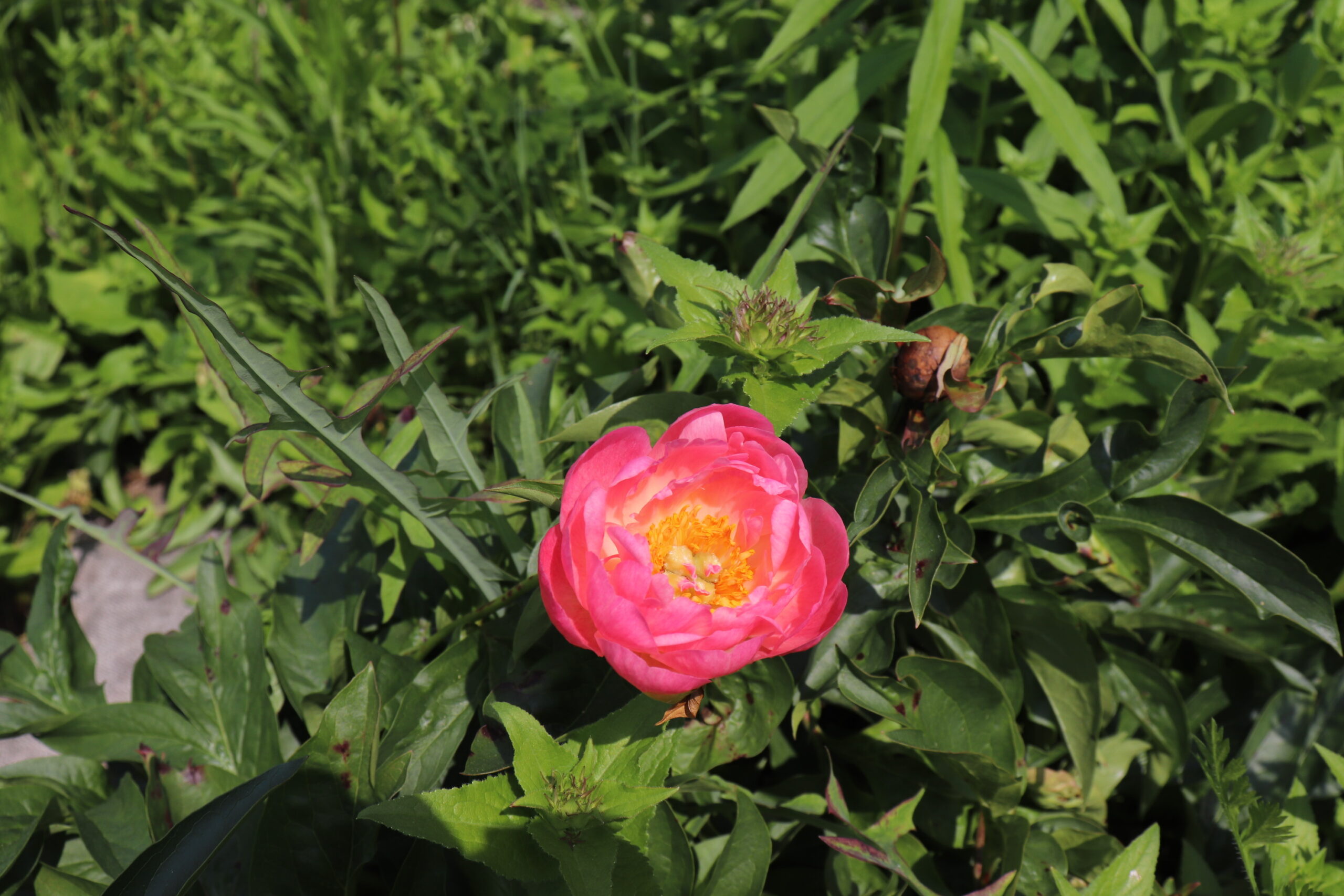
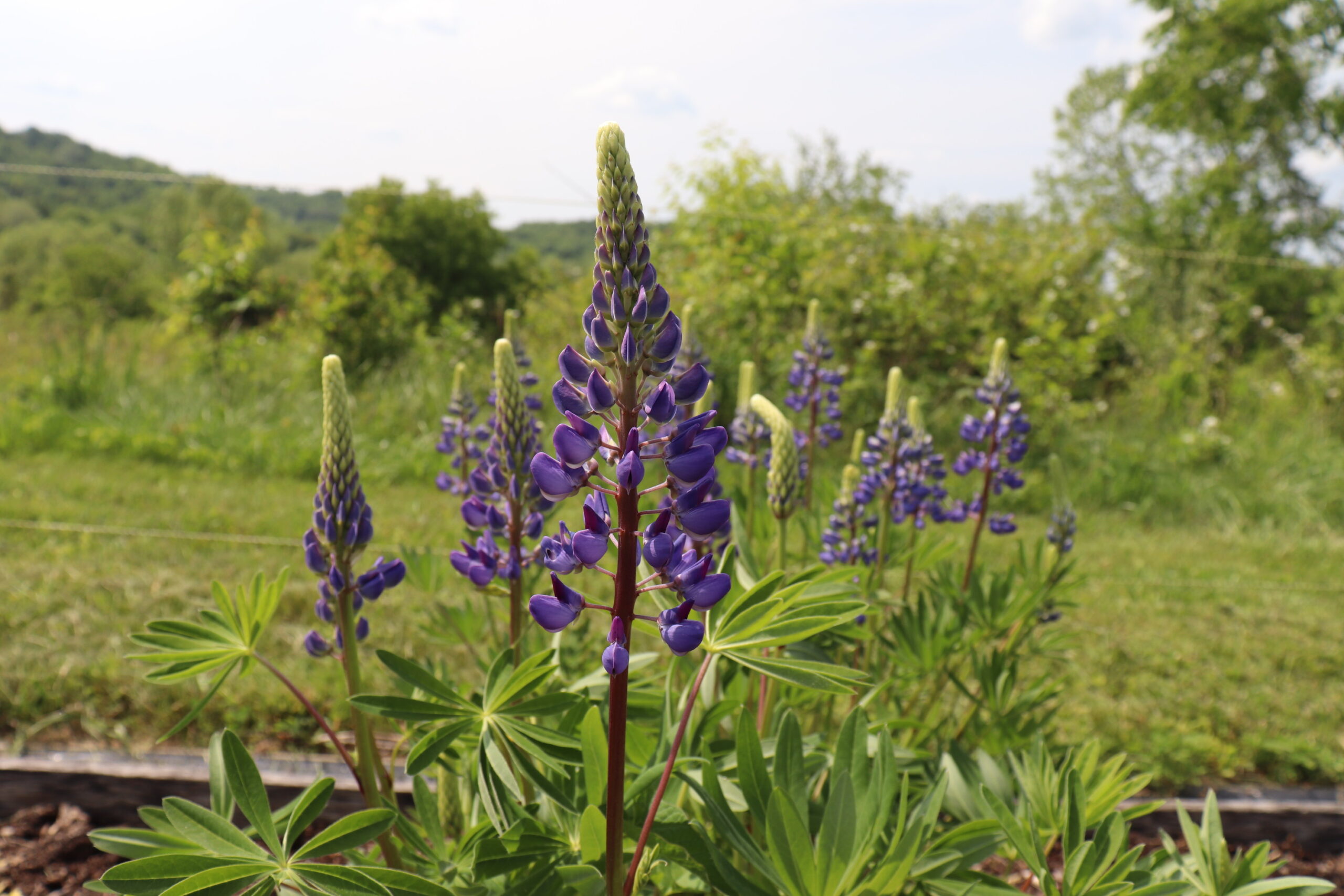
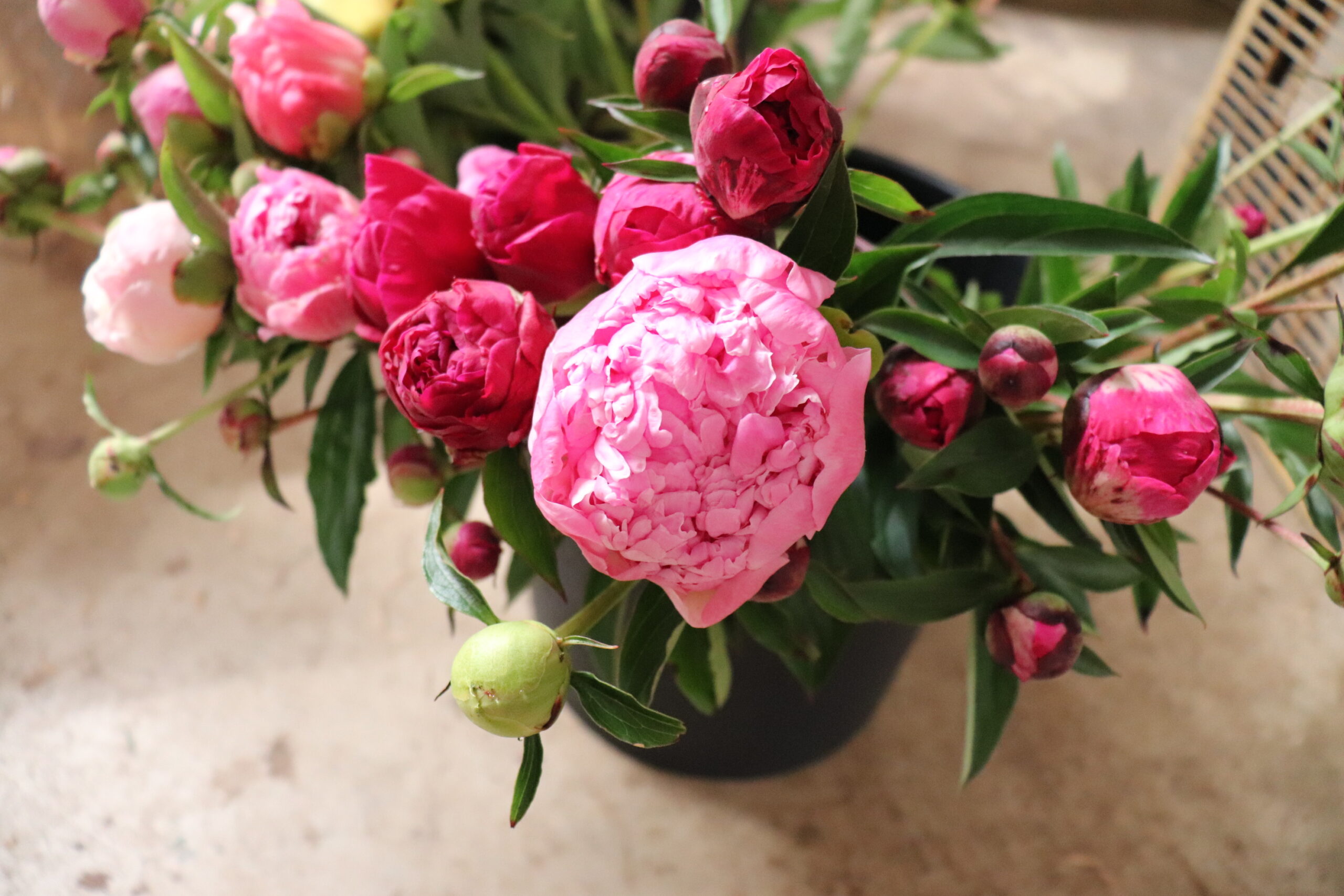
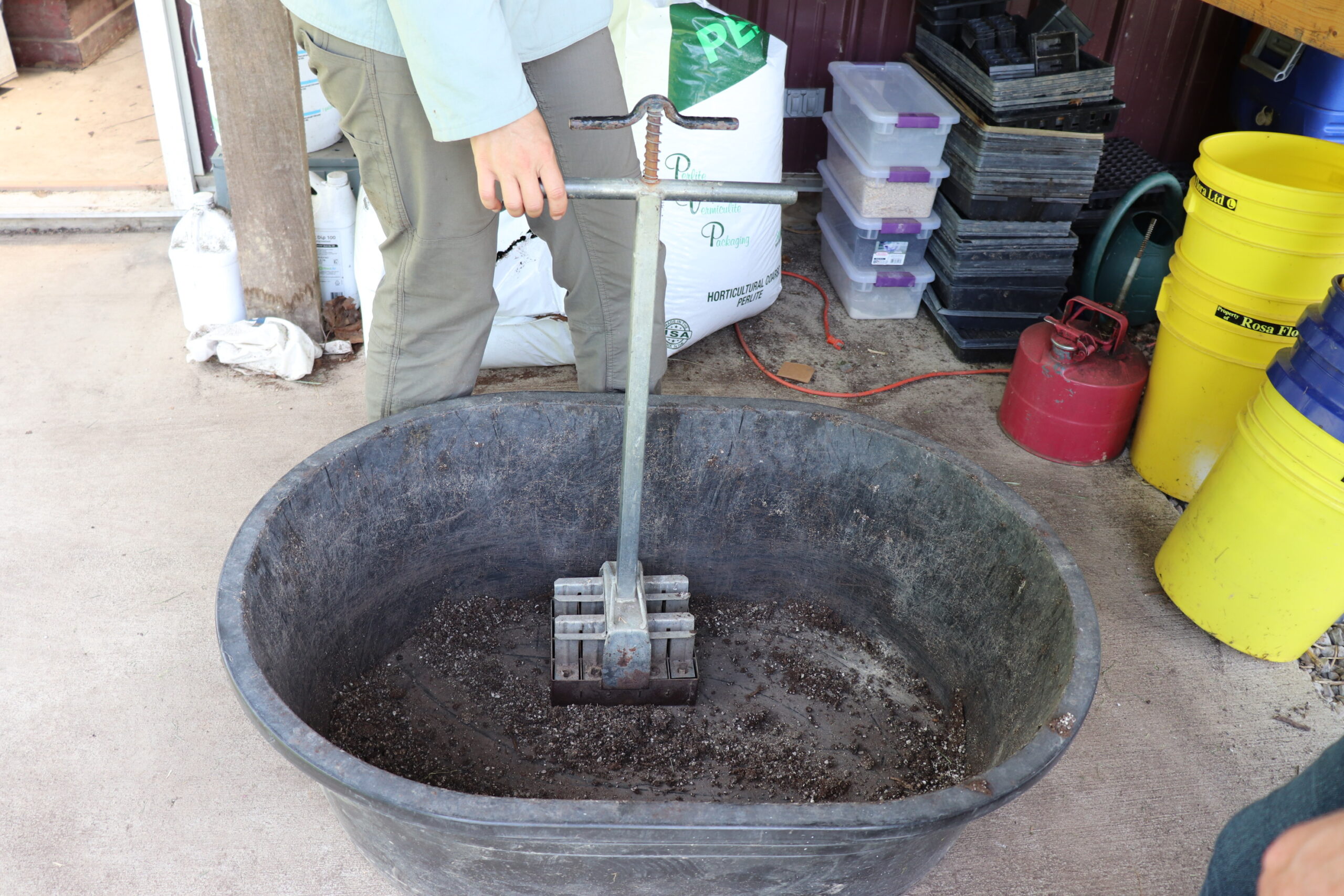
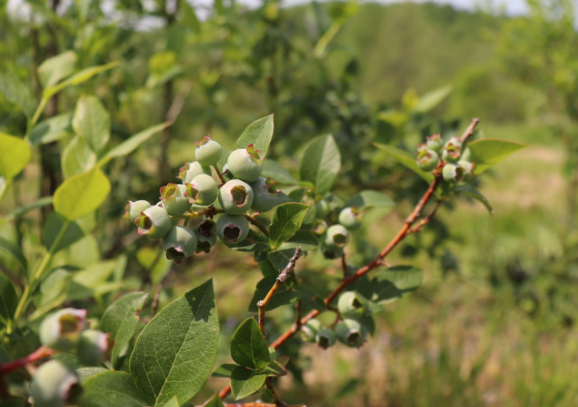
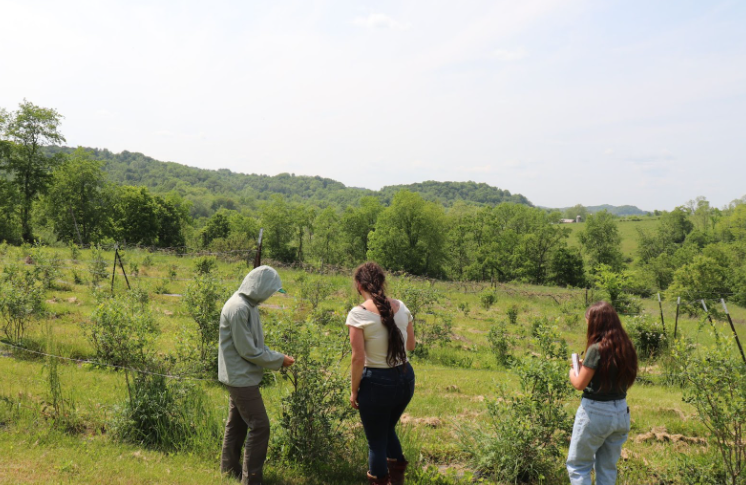
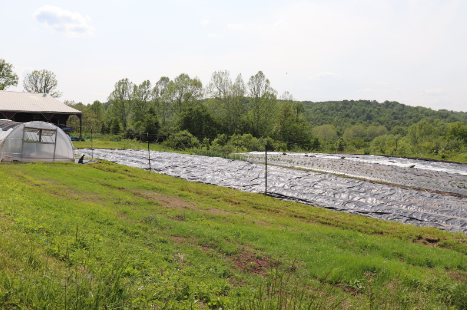
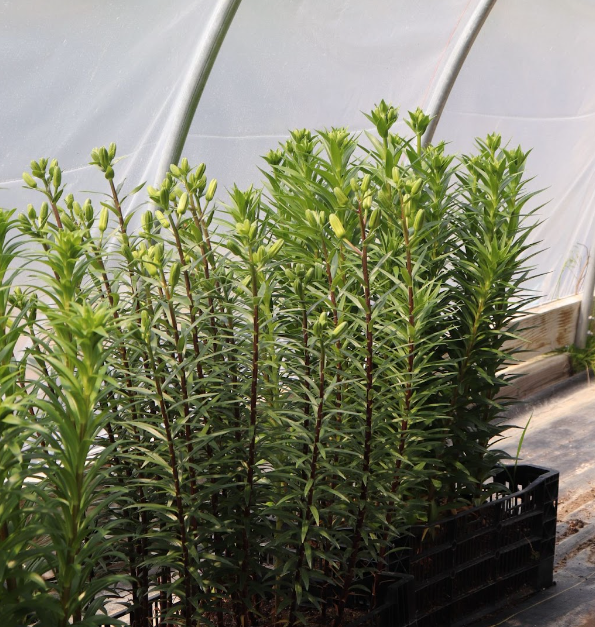
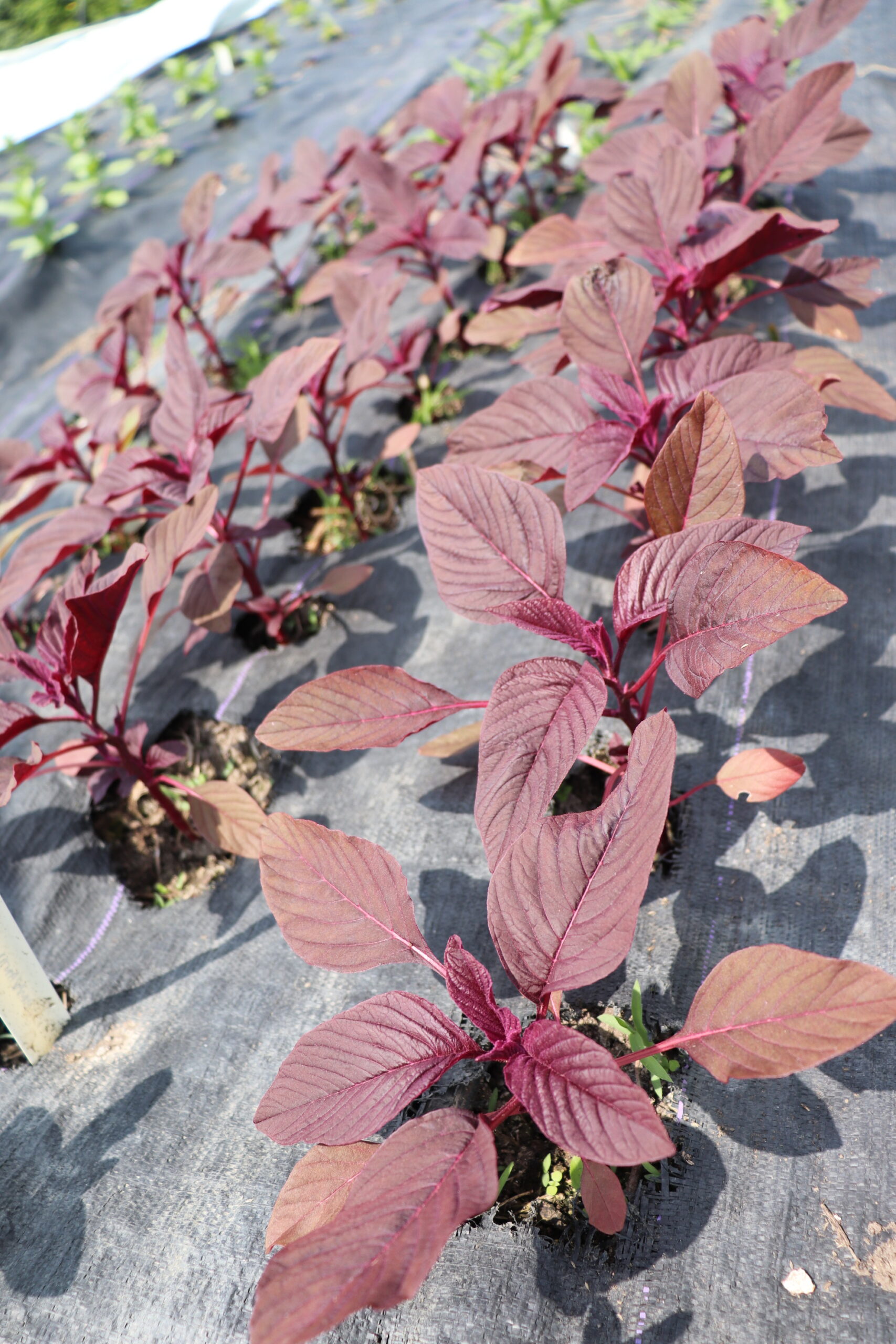
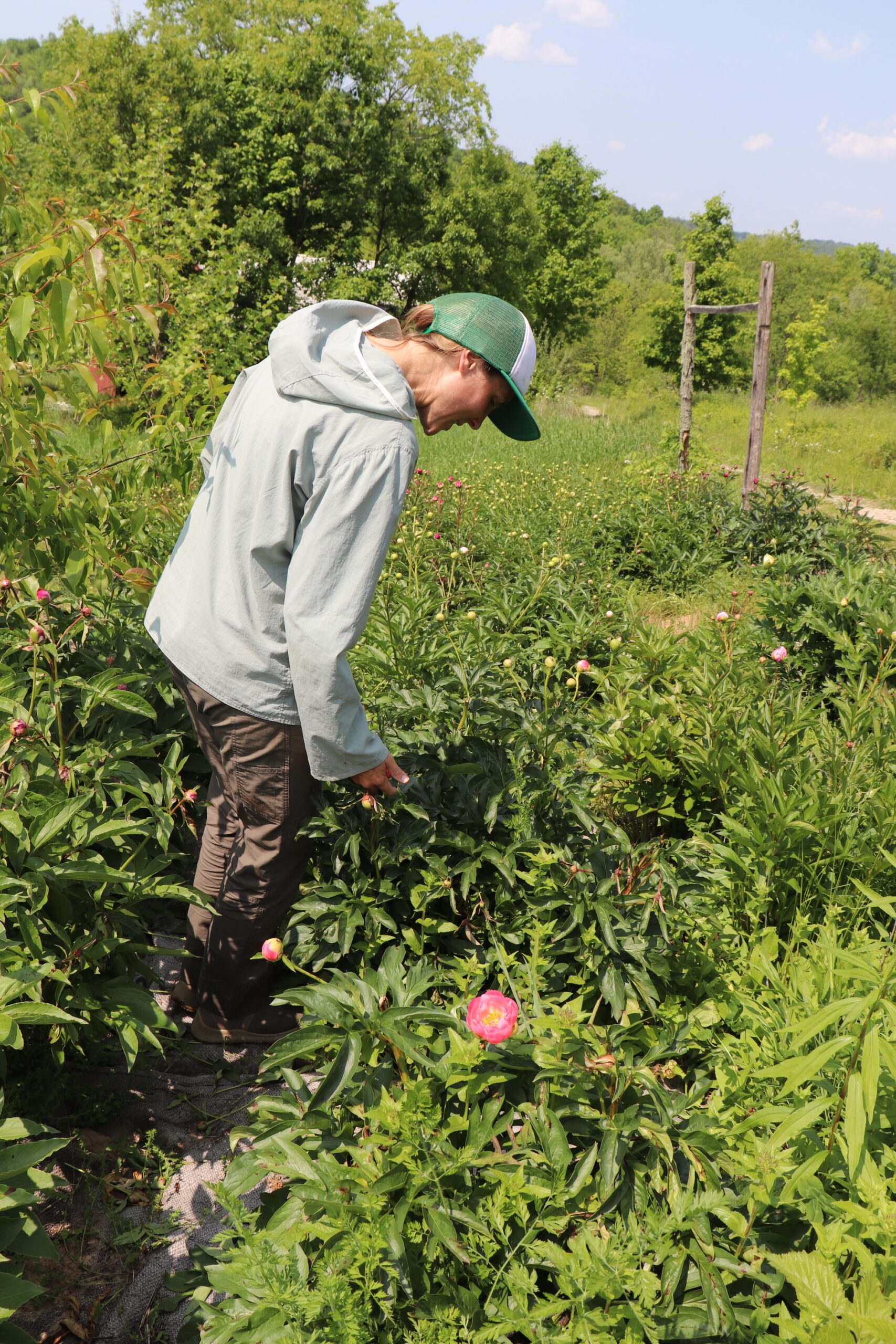
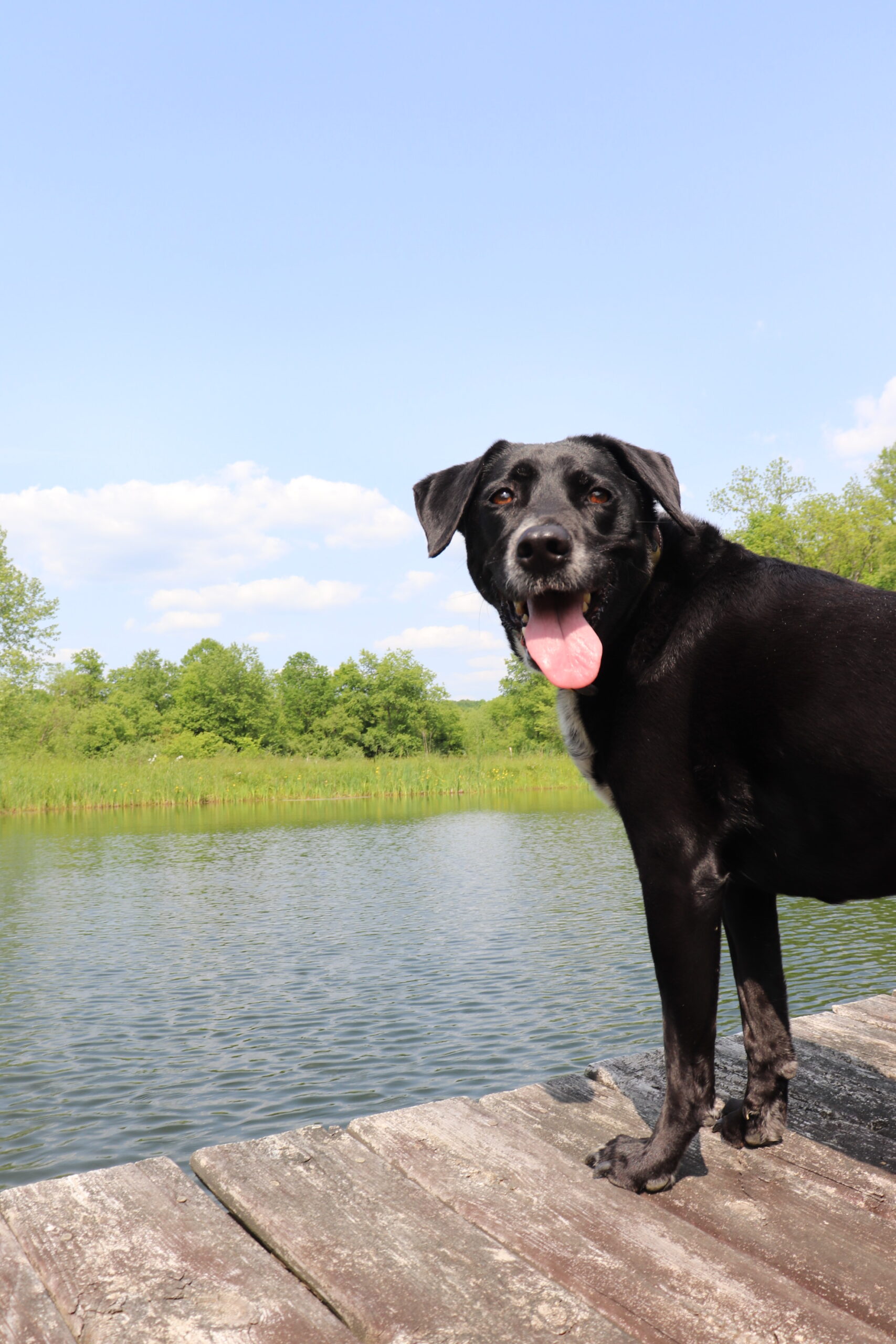
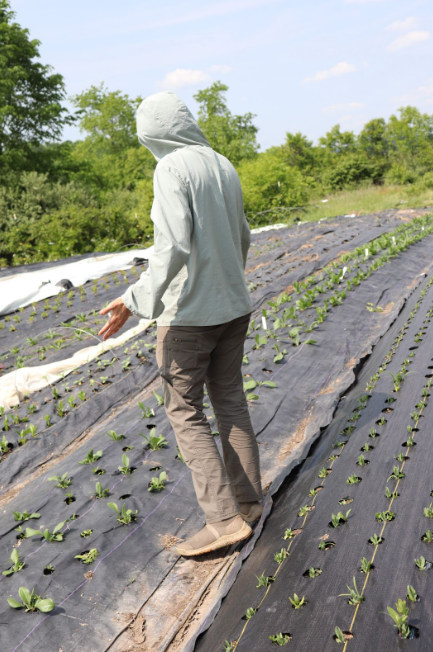
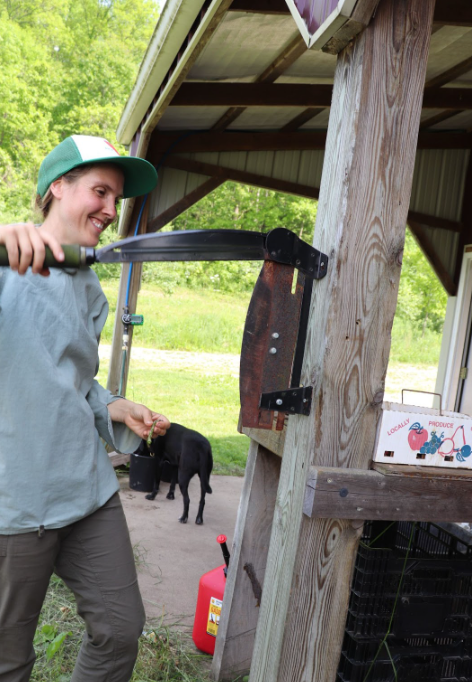
Photography and Content Copyright © Tree Wilson

